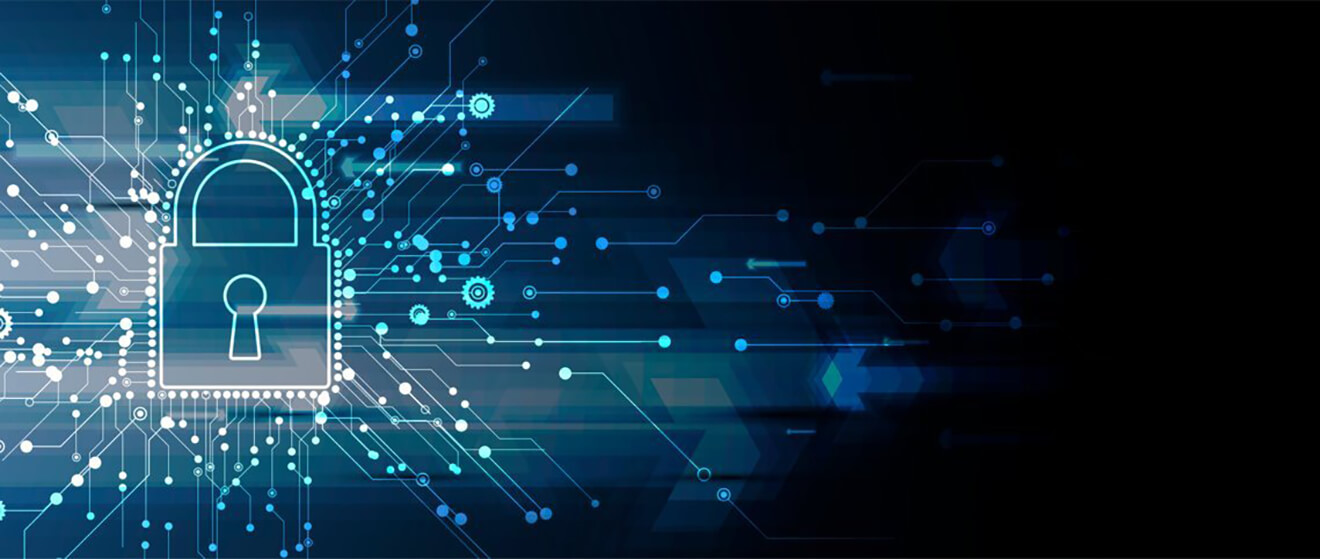Why MBS and Network Box rely on password protection
But there are simple guidelines for a secure password, and even better: with the password vault, you don’t even have to remember them yourself.
123456. Hard to believe, but next to “password” and “hello123”, this is still one of the most used pass-words of the Germans. Simple passwords can be cracked within a few seconds and give the attacker access to personal data or the company network. Hackers can then sell the data to other criminals, take over the user’s identity and misuse his payment data or use it for targeted phishing attacks or blackmail.
But what makes a secure password? “The average user has 25 accounts with service providers and online merchants and uses the same easy-to-remember password almost everywhere out of convenience,” explains Maximilian Moll, Awareness Officer at MBS Logistics. “The quickest and simplest security measure is to change passwords regularly.” Sounds simple enough, but in reality hardly any users want to do this and prefer to use one and the same password for all logins. A good solution for this is a password manager that automatically generates and manages secure passwords. In general, users should choose services that support multifactor authentication. In the area of IT security, MBS works closely with the IT security expert Network Box Deutschland GmbH in Cologne. For Managing Director Dariush Ansari, there is still a great need for education on the subject of password protection. “Despite warnings, a large proportion of companies still consider it impossible to be interesting as a target for criminal cyberattacks,” says Ansari. “In this regard, nine out of ten companies are now affected by IT security incidents.”
And how are you supposed to remember all these passwords? “That brings us back to the password managers or password vaults already mentioned,” says Maximilian Moll. “Here, secure passwords are gene-rated and stored in encrypted form. The advantage is that the user only has to access them via a programme and a master password, without having to remember all the others.”
A good password….
… should not be too short or too simple.
… should not be stored unencrypted.
… is not used for different services.
… never consists of names and words from the dictionary.
… is a sufficiently long combination of at least ten randomly chosen alphanumeric characters, numbers, upper and lower case letters and special characters.
